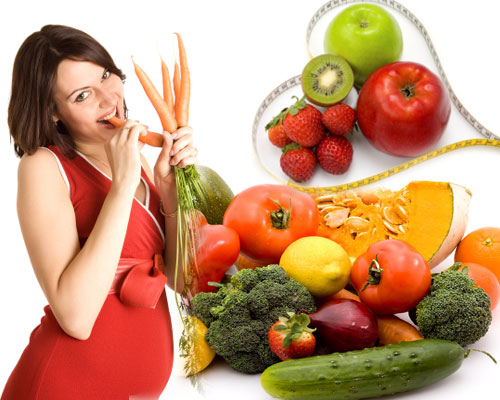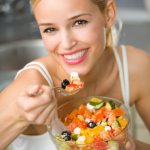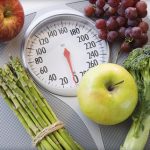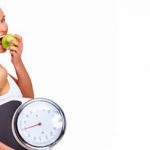There’s so much to think about when you’re pregnant and getting ready for your little one. But there’s one thing that really is worth thinking about and that’s your diet during pregnancy.
You’ll want to do everything to can to protect your baby and make sure that they are born healthy. Making sure you eat well while you are pregnant is one way to do this. We spoke to Sue Macdonald, midwife at the Royal College of Midwives to ask her about the best diet during pregnancy. She told us that eating healthily while you are pregnant is good for many reasons – it is healthy for your baby, for your body and it means that you’ll have a healthy eating pattern when your baby arrives.
Sue told us that you could write a whole book on this topic, but she gave us a little introduction to the foods that we should have more of when we are pregnant, the ones we should avoid, which vitamins are good to take and how many extra calories we really should be eating when pregnant.
Foods to avoid during Pregnancy
There’s lots that you can and should eat while you are pregnant, but there are also some foods that you should try to avoid.
Refined food
Well, it’s a pretty obvious that refined food like Big Macs and takeaways aren’t great for you, but you should especially try to avoid them during pregnancy. There’s no need to cut them out all together of course, pregnancy is tricky enough without having to cut out your beloved Saturday night Chinese. But try to cut down those kind of meals to once a week or, even better, once a month.
Unpasteurized cheese
Most cheese is pasteurized nowadays, so you should be ok, but there’s no harm in checking. Unpasteurized cheese is risky as it can cause listeria.
Unwashed salad and veg
It’s best to always wash your salad and vegetables when you are pregnant, putting them in salted water is even better.
Soft boiled eggs
Try to avoid soft boiled eggs while you’re pregnant as they are associated with a risk of salmonella. Free range eggs are less risky.
Caffeine
Women are often told to give up caffeine during pregnancy. It’s best to reduce caffeine intake to one or two a day, and maybe opt for a milky cappuccino over a double espresso.
Foods to eat during pregnancy
When you’re pregnant you should really just try to have a balanced diet, which means eating a bit of most foods. But there are certain foods in particular that you should focus on.
Fruit and Veg
Yep it’s an obvious one but you should make sure that you have the recommended five pieces of fruit and veg a day. Try not to have five of the same thing though, five bananas isn’t as good as five different types of fruit. Oh, and potatoes don’t count, sorry!
Protein
It’s really important to eat plenty of protein when you are pregnant because there’s lots of cell production going on and protein helps this. Protein helps things to grow and it helps the healing process. Meat and fish are really good, if you’re a vegeatarian try to eat more pulses and seeds that are rich in protein.
Calcium
Your baby will be taking a lot of calcium from you so you need to stock up (pregnant women often have to go to the dentist more because of a lack of calcium). Cheese and milk are good as is yogurt.
Carbohydrates
If you don’t have carbs at the moment, make sure you do while pregnant. Brown or mixed bread is better than pure white.
Which vitamins to have in pregnancy
It’s good to stock up on vitamins while you’re pregnant Tablets can help, but it’s best to try to get the following vitamins through food.
Vitamin C
This is a great one for while you’re pregnant. It’s hard to store Vitamin C, which is what makes it hard to boost your levels of it, but lightly cooking your vegetables can help.
Vitamin B, C and D
These are all good for repairing cells, fighting infection and healing. All of these vitamins can be found in meat and veg.
Folic Acid
This is good to have at the beginning of your pregnancy because it reduces the chance of Spina Bifida.
Iron
Some women find that their iron levels are low and might need to eat more iron rich food like spinach, beef and butternut squash.
How many extra calories to eat during pregnancy
People always talk about eating for two. So considering a women’s average calorie intake should be 2,000, you’d think that this meant she should have 4,000 calories a day, but that’s not true.
You should only actually increase your calorie intake by 200 to 300 calories.
And be careful about what those extra calories are. If you decide to make that an extra chocolate bar a day it’s going to be a lot harder to lose that weight post-pregnancy.
Source:









